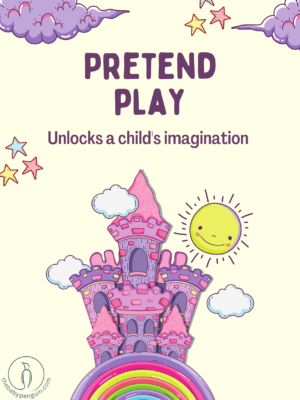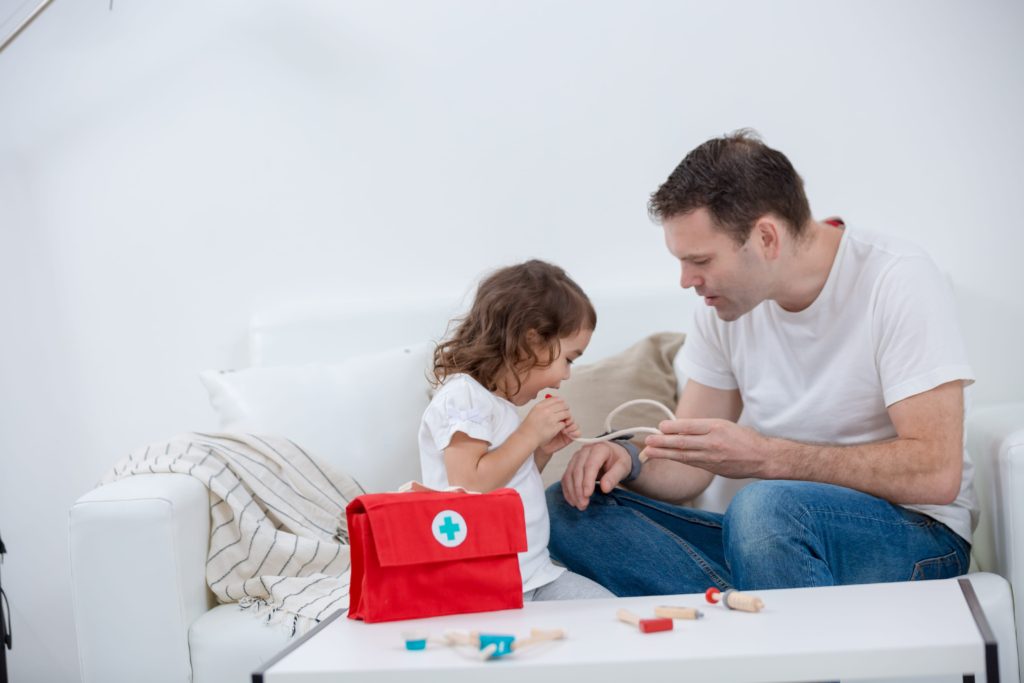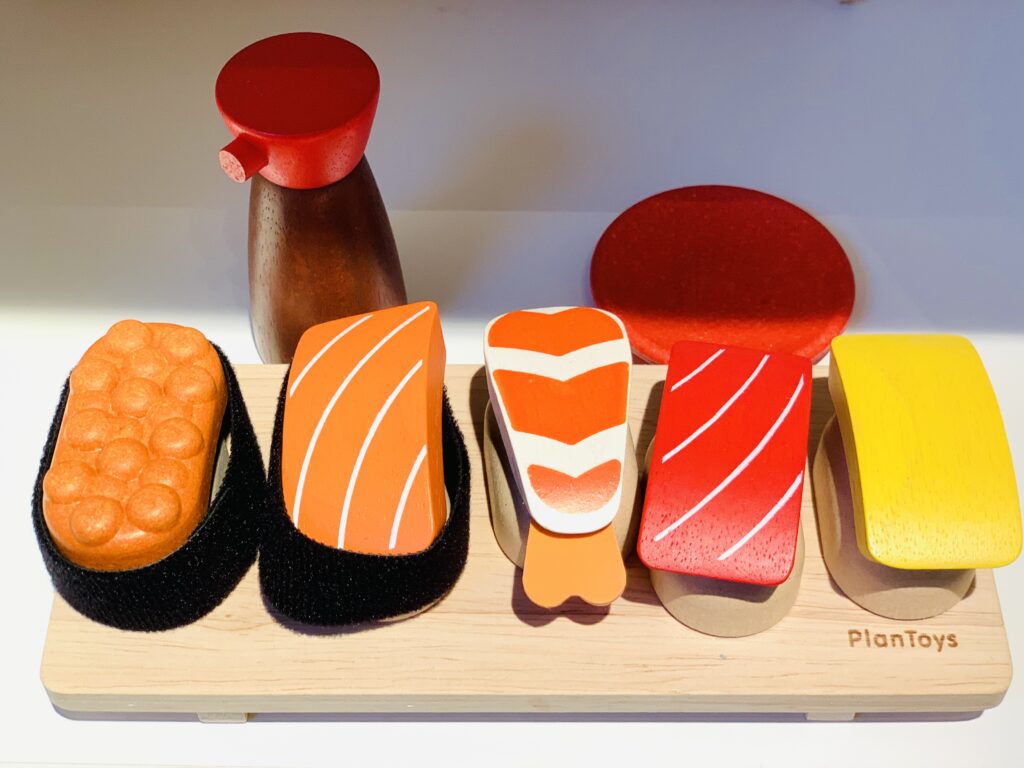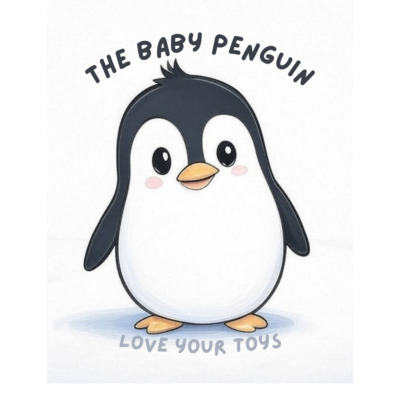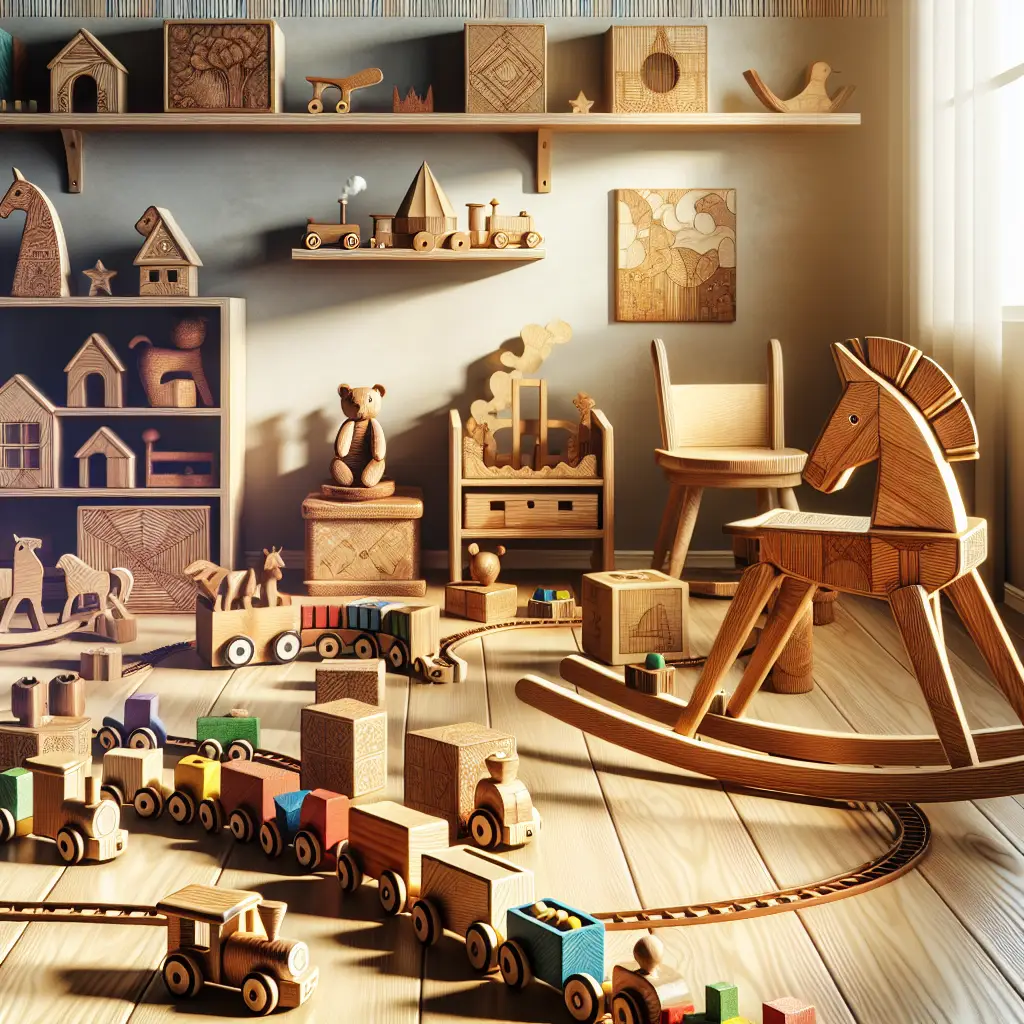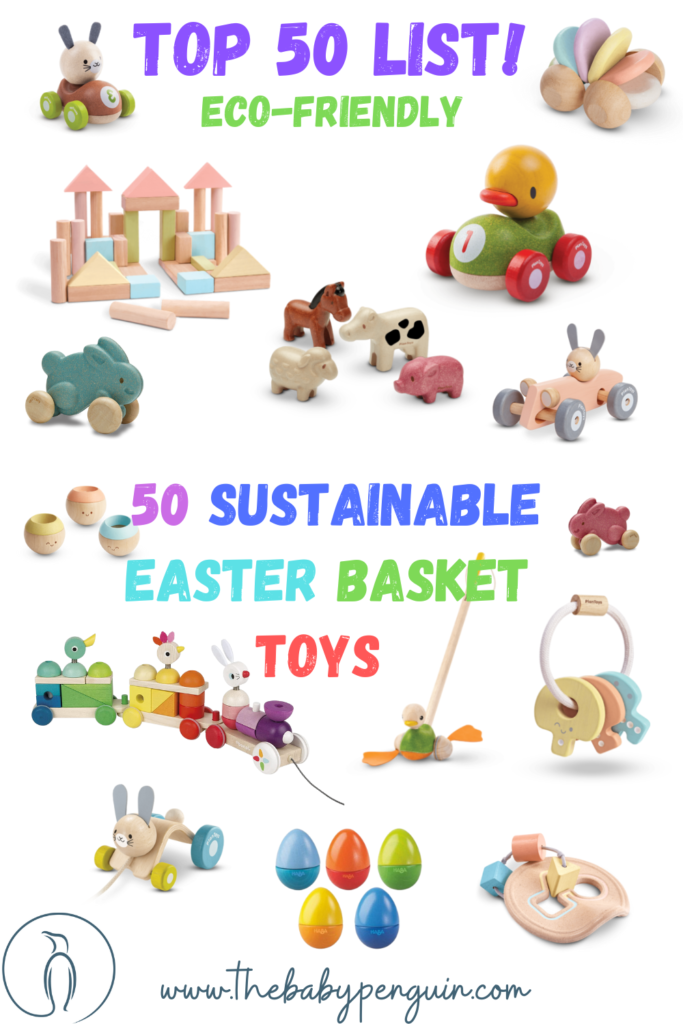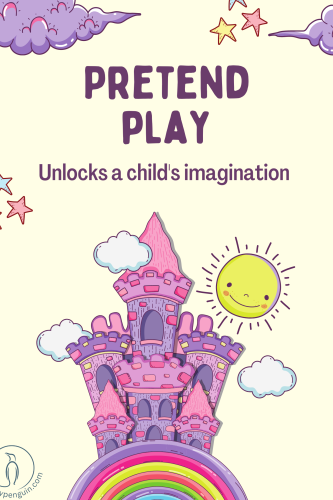Table of Contents
ToggleThe Lifelong Benefits of Pretend Play | Is Pretend Play Important?
Pretend play, also known as imaginative play or make-believe play, is a form of play where children act out scenarios or events that are not real, using toys, props, or their own bodies. This type of play allows children to express their imagination, creativity, and emotions, as well as develop their social and emotional skills. The lifelong benefits of pretend play are astounding, and I will discuss why Pretend Play is so important.
In pretend play, children can take on different roles, such as being a doctor, a chef, a superhero, or a parent. They can also create and recreate scenes, stories, and events, which can help them understand and make sense of the world around them. Pretend play also allows children to practice and experiment with different behaviors, emotions, and social interactions, which can help them build self-esteem and confidence.
Pretend play is a natural and important part of childhood development and can occur in many different forms, such as imaginative play with toys, dress-up play, role-playing games, and puppet shows. It is an enjoyable and educational experience that can benefit children in many ways. In this article, I will discuss the benefits of pretend play, the age when children start to pretend play, some of the best toys for pretend play,
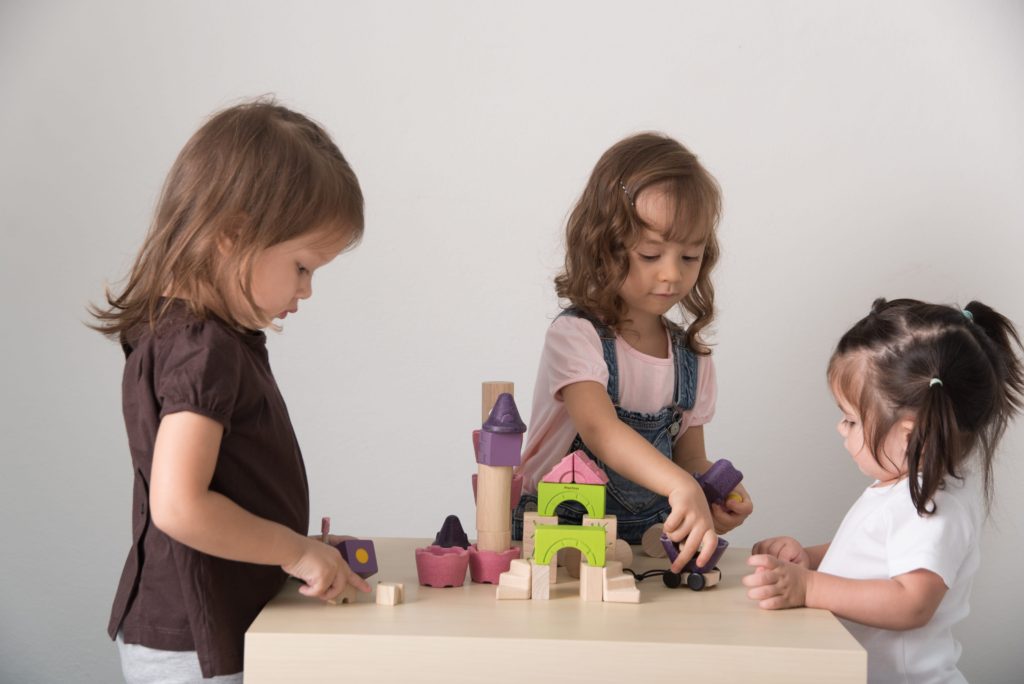
What are the benefits of pretend play? Pretend play has many benefits for children, including:
Cognitive development:
-
- Pretend play helps children to develop their imagination, creativity, and problem-solving skills. It also encourages them to think abstractly and to understand cause-and-effect relationships.
Social and emotional development:
- Pretend play allows children to practice and experiment with different social roles, relationships, and emotions, which can help them build self-esteem and confidence. It also teaches them how to cooperate, share, and communicate with others.
Language development:
- Pretend play helps children to develop their language skills as they practice speaking, listening, and storytelling.
Physical development:
- Pretend play can also help children to develop their gross and fine motor skills as they use toys, props, and their bodies to act out their scenarios.
Preparation for real-life experiences:
- Pretend play can help children to prepare for and understand real-life experiences and situations, such as going to the doctor or going to school.
Stress relief and enjoyment:
- Pretend play is a fun and enjoyable experience that can help children to relieve stress and increase their overall happiness and well-being.
Overall, pretend play is a natural and important part of childhood development that can benefit children in many ways. It is a valuable form of play that should be encouraged and supported. Play-based activities, such as pretend play, can be an effective way to foster imagination and provide children with opportunities to explore and understand the world around them.
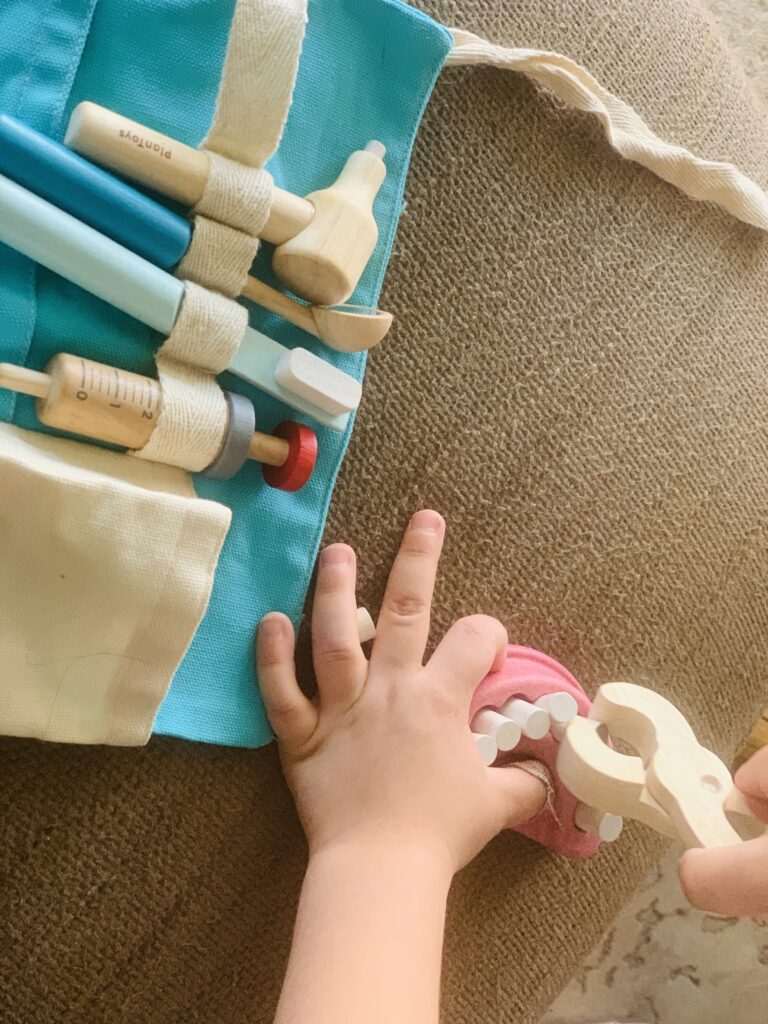
At what age do children start to pretend play?
Pretend play typically begins in early childhood, around the age of 2 or 3, and continues throughout the childhood years. During the preschool years, pretend play becomes more complex and sophisticated, as children’s imaginations and language skills continue to develop. Pretend play has a nonliteral correspondence to reality, hence pretending may provide children with practice in navigating symbolic relationships, which may strengthen their language skills.
In the early stages of pretend play, children may use simple props, such as dolls or stuffed animals, to act out simple scenarios. As they grow older, their pretend play scenarios may become more elaborate, involving multiple characters and props, and incorporating more complex stories and emotions.
It is important to note that children develop at different rates and some may engage in pretend play earlier or later than others. However, in general, pretend play is a common and normal part of childhood development that can be encouraged and supported through play-based activities and experiences.
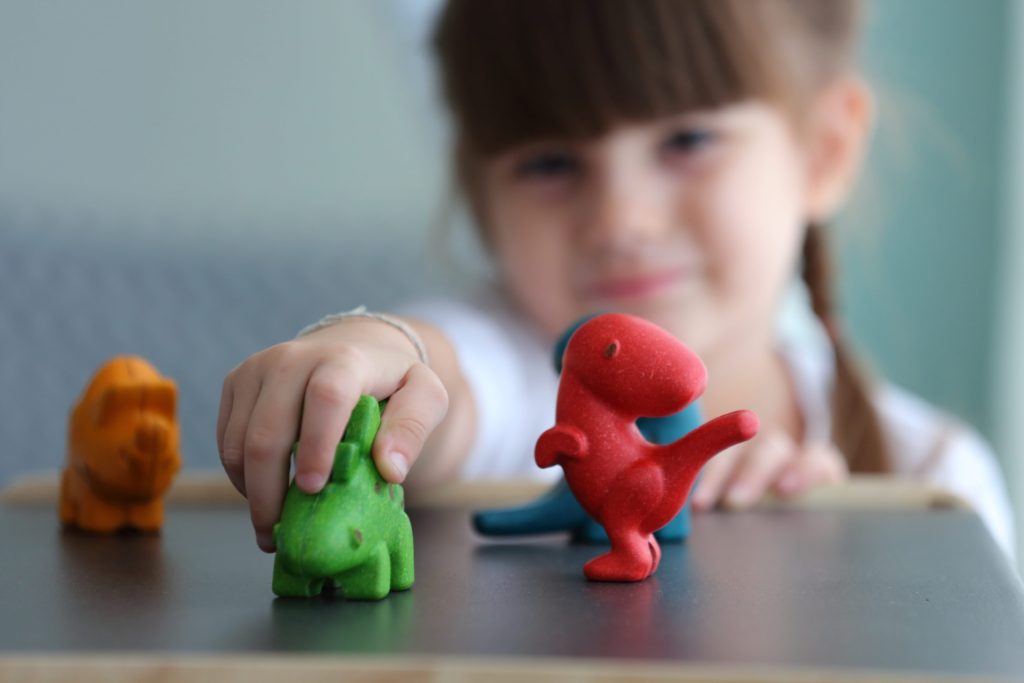
What toys are best for pretend play?
These are just a few examples of the many different types of toys that can be used for pretend play. The best toys for imaginative play are those that are open-ended, allowing children to use their imaginations to create their own stories and scenarios. I wrote an article on the Top 11 Pretend Toys and included it here. There are many toys that are great for promoting and supporting pretend play. Here are some of the best types of toys for imaginative play:
1. Dolls and action figures: Dolls and action figures are classic pretend play toys that allow children to act out a variety of scenarios, from taking care of a baby to going on exciting adventures.
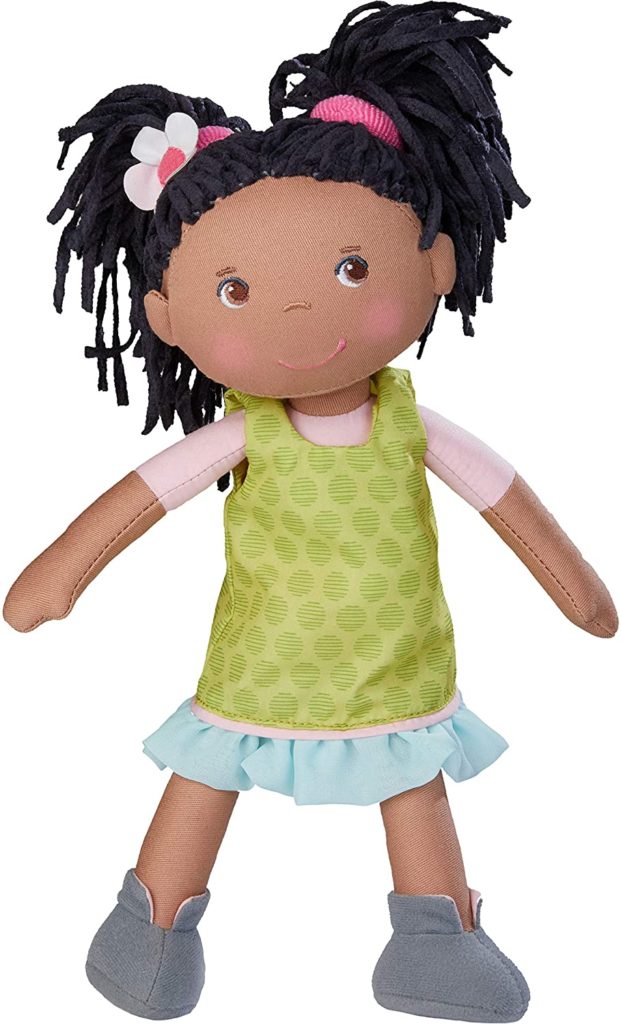
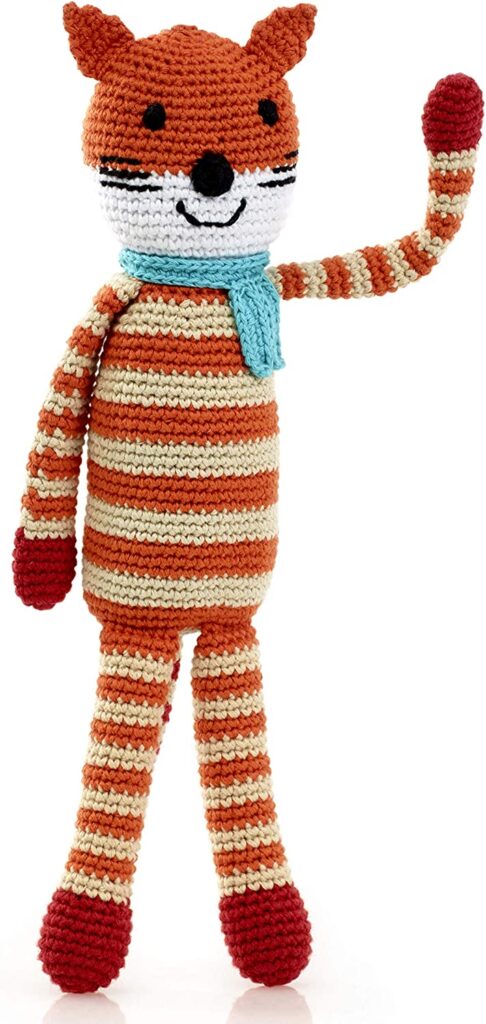
2. Play kitchens and food: Play kitchens and food sets are great for encouraging children to pretend to cook and serve meals, just like grown-ups.

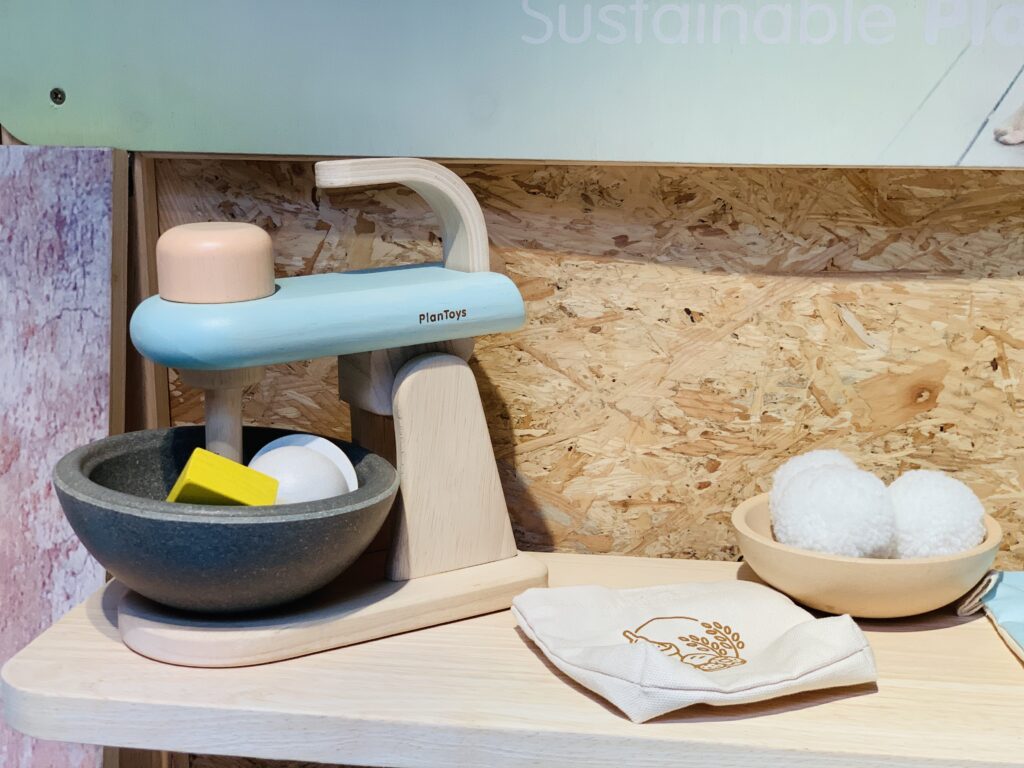
3. Playhouses and tents: Playhouses and tents can be used for indoor or outdoor play and provide children with their own space to play and create their own stories.

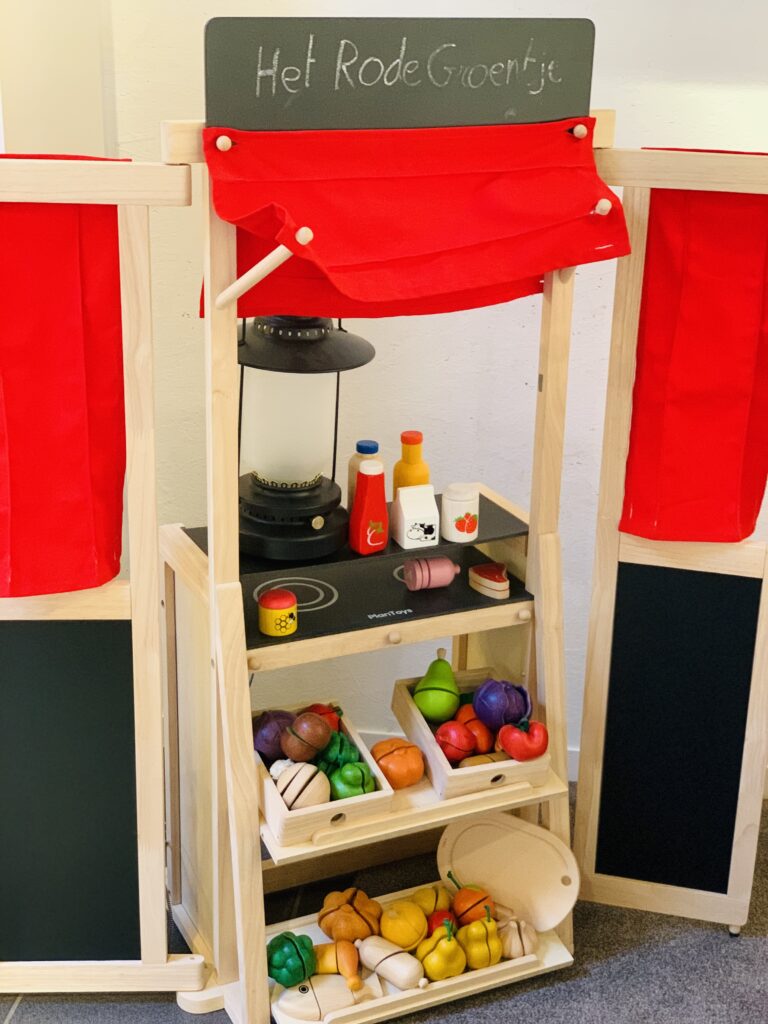
4. Dress-up clothes and costumes: Dress-up clothes and costumes allow children to take on different roles and characters, such as a doctor, a princess, or a superhero.
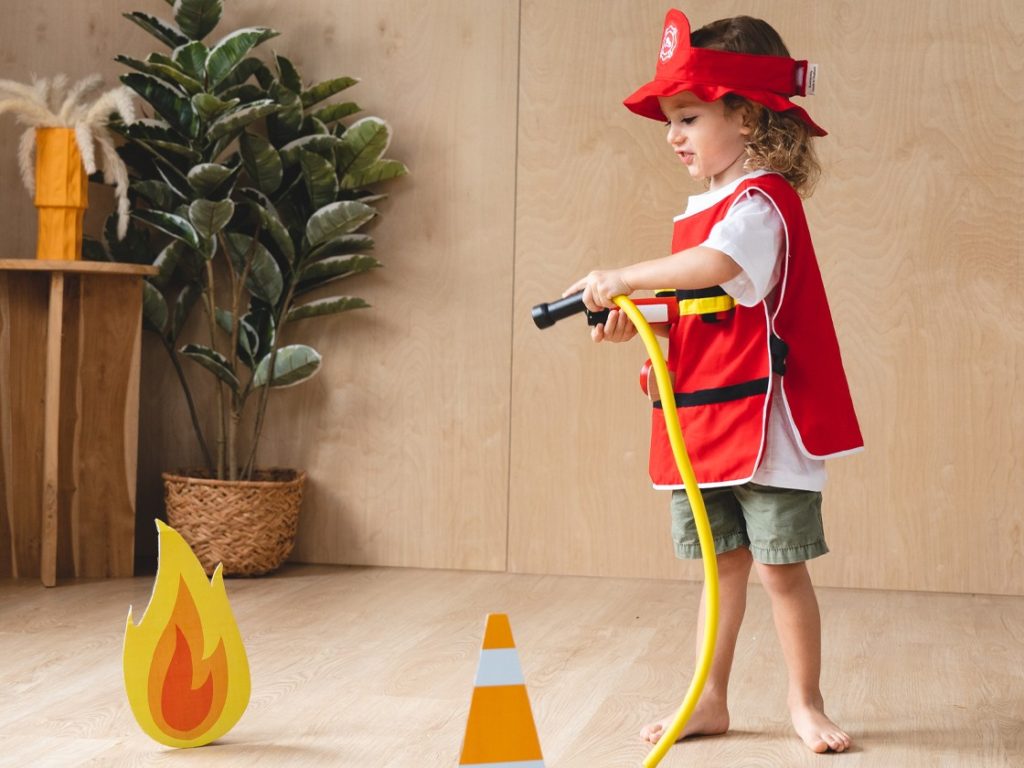
5. Cars and vehicles: Cars, trucks, and other vehicles are great for imaginative play, allowing children to create and act out their own driving adventures.
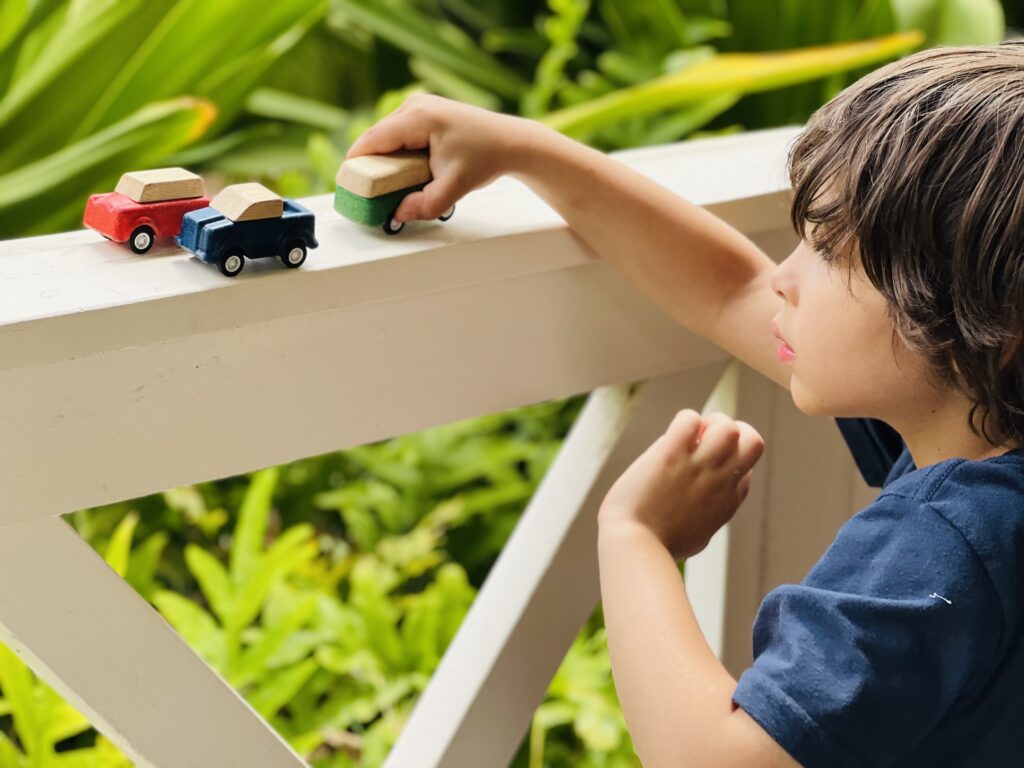
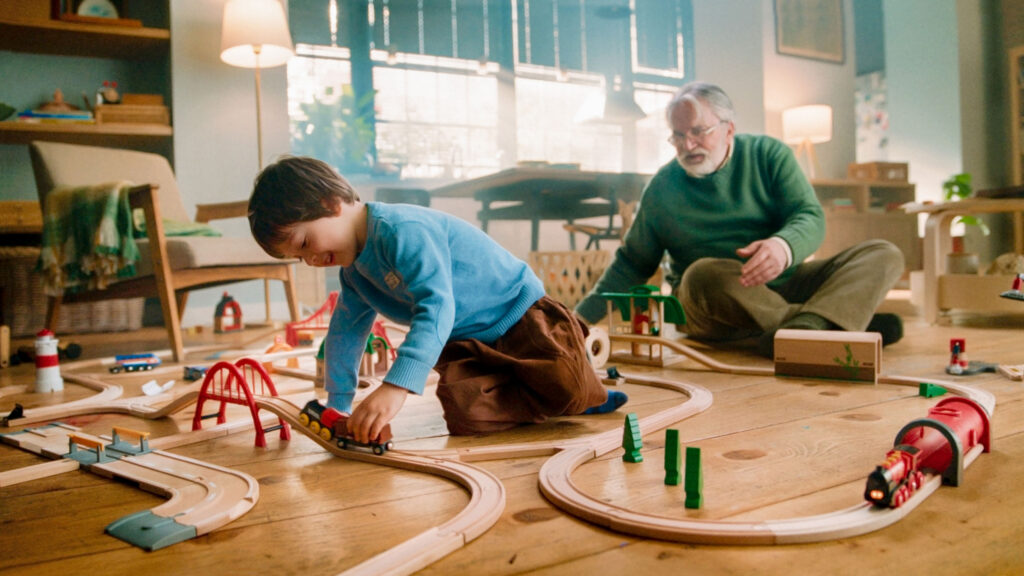
6. Animal figures: Animal figures, such as horses, farm animals, and wild animals, can be used to create pretend play scenarios, such as caring for a pet or exploring a zoo.
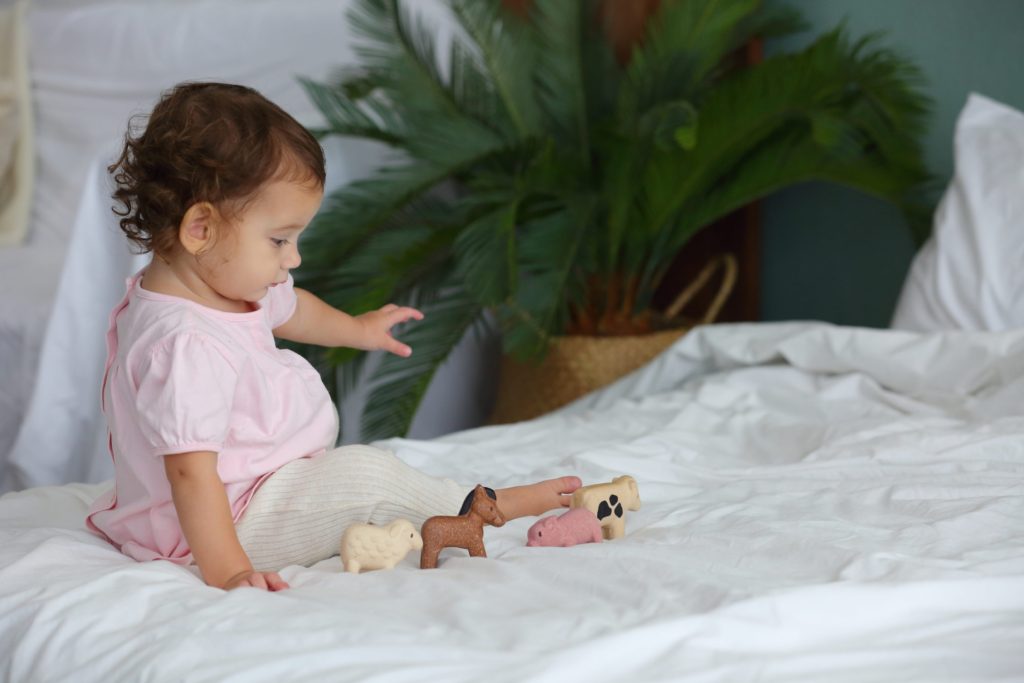

7. Blocks and building sets: Blocks and building sets can be used to create structures and settings for pretend play, such as a castle or a cityscape.
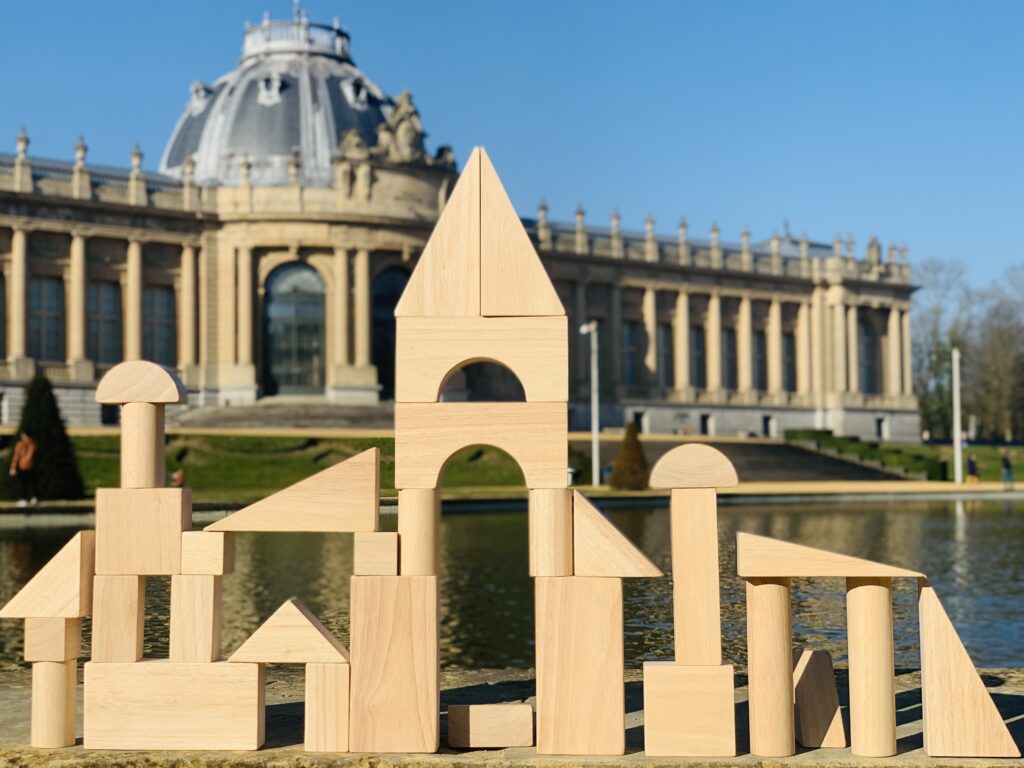
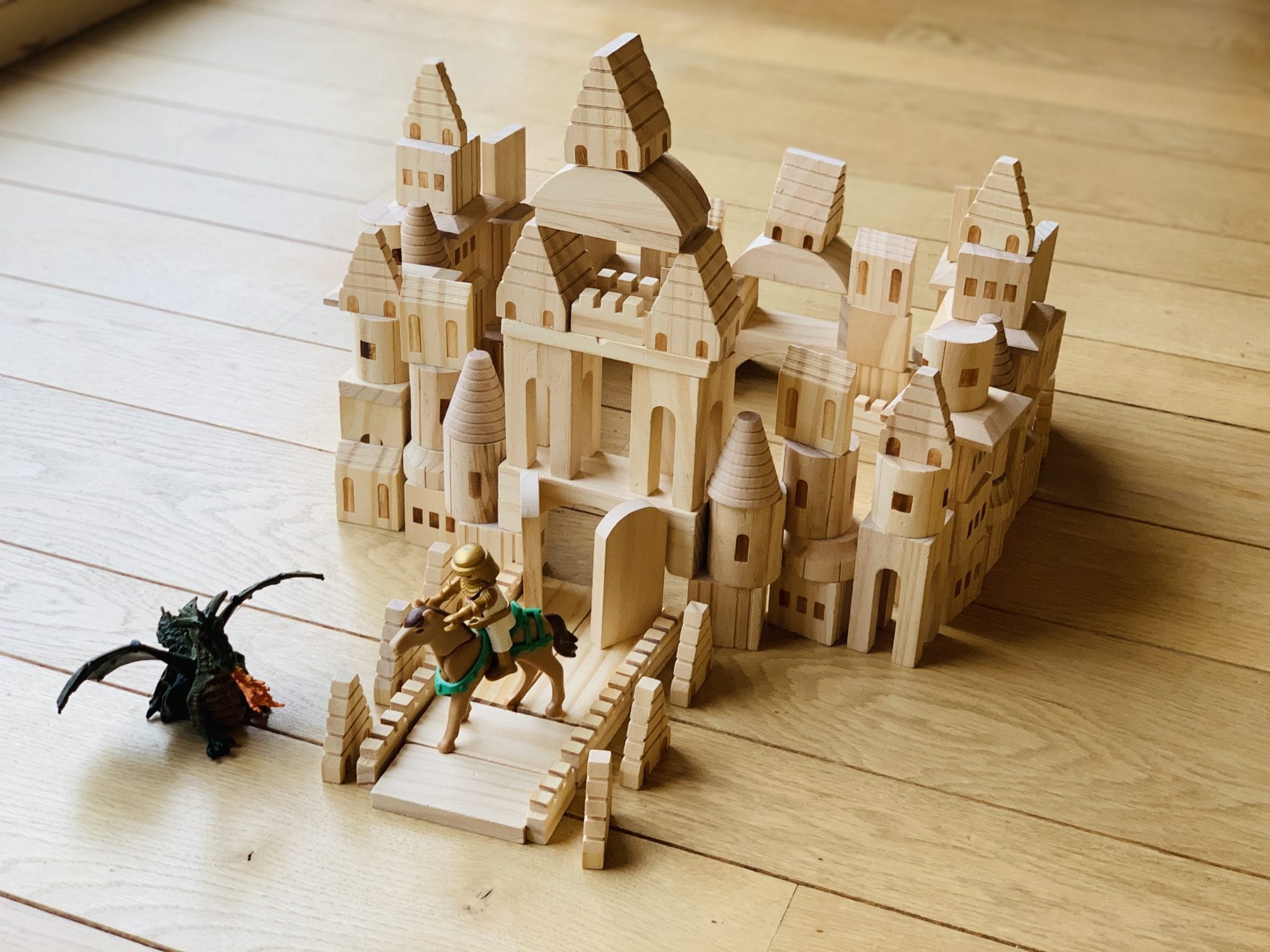
8. Craft supplies: Craft supplies, such as paper, markers, and scissors, can be used to create props and costumes for pretend play, or to make up stories and scenarios.

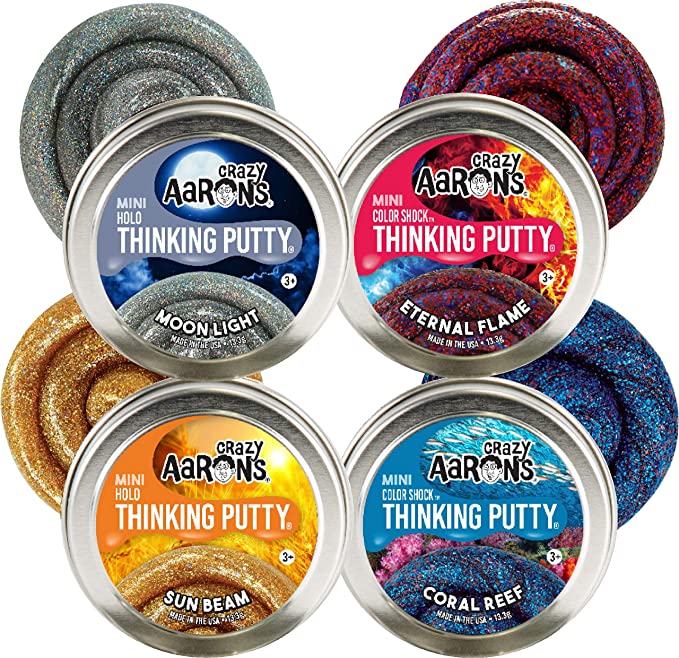
Summary:
The Lifelong Benefits of Pretend Play are unsurpassed. Pretend play is a type of play in which children use their imagination to create scenarios and act them out. It allows them to think abstractly, solve problems, and use their imaginations to create new ideas. Pretend play promotes language development by allowing children to communicate their thoughts and ideas, express themselves, and use new words and phrases in different contexts.
It also allows children to express and process their emotions in a safe and supportive environment, helping them develop empathy, self-regulation, and social skills. Pretend play teaches children to take turns, negotiate, collaborate, and empathize with others, helping them develop their social skills. Overall, pretend play encourages creativity and imagination, allowing children to explore new ideas, experiment with different roles, and think outside the box. If you enjoyed this content, please subscribe for more outstanding content and regular discounts.

